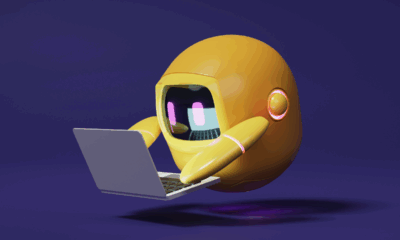In the competitive corporate landscape of Asia, burnout has emerged as a significant concern. As defined by the World Health Organization (WHO), burnout is “a syndrome resulting from chronic workplace stress that has not been successfully managed”. It is characterised by feelings of energy depletion, increased mental distance from one’s work, negativism or cynicism related to one’s job, and reduced professional efficacy. Considering its high prevalence among Asian office workers, comprehending and managing burnout is vital for fostering a healthier work environment.
Prevalence and Consequences of Burnout in Asian Office Settings
The culture of long working hours and high expectations in many Asian workplaces can contribute to burnout. According to a recent McKinsey research on workplace mental health, while one in four employees worldwide is experiencing symptoms of burnout, that figure is even higher for Asia—nearing one in three. The fallout from burnout extends beyond the affected individuals. It includes lower productivity, higher staff turnover, and increased healthcare costs for organisations. On a personal level, it can lead to mental health issues like depression and anxiety and physical health problems, including heart disease and sleep disorders.
Strategies to Manage Burnout
To manage and prevent burnout among Asian office workers, consider the following research-supported strategies:
Self-Care and Mindfulness
A study in the Journal of Occupational and Environmental Medicine (2014) found that practising mindfulness could reduce burnout and improve well-being in a group of office workers. Encourage regular exercise, sufficient sleep, a balanced diet, and leisure time for relaxation.
Work-Life Balance
Work-life balance is crucial in preventing burnout. This includes taking regular time off work, fostering personal relationships outside of work, and engaging in activities that bring joy and relaxation. By allowing for ample relaxation and recreational time outside of work, individuals can minimise chronic occupational stress, a primary contributor to burnout.
Work Culture and Expectations
In many Asian countries, there are high societal expectations regarding work. For example, long working hours are often seen as a demonstration of dedication and loyalty. Researchers have suggested that shifting this cultural perspective and normalising balanced working hours could help in managing burnout, which, in turn, could yield a higher level of productivity.












